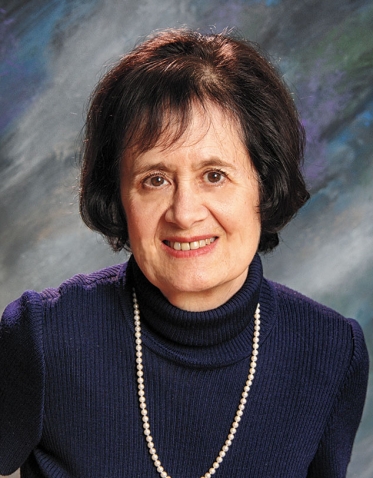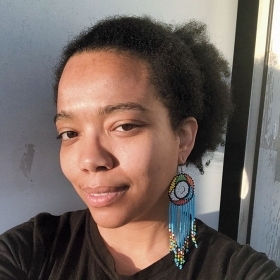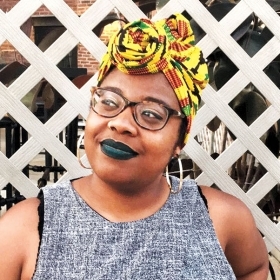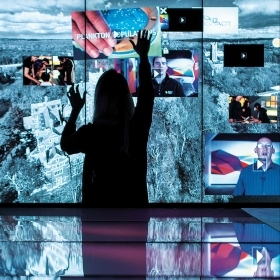It was the early 2000s when Barbara Bluestein Simons ’62 started to speak up.
Congress had just passed the Help America Vote Act after Florida’s “hanging chad” debacle during the presidential election, and states swimming in cash were clamoring to invest in shiny new paperless voting machines. Barbara, who has a Ph.D. in computer science from Berkeley, was—and still is—beside herself.
“What keeps me up at night,” she says, “is the fear that election results will be hacked remotely. Some of these machines can be hacked by anyone from anywhere. That’s what’s really scary.”
In Silicon Valley at the time, Barbara and fellow computer scientists started showing up at board of supervisors meetings where officials were finalizing plans to purchase paperless machines. Potential software bugs and vote-rigging malware make machines vulnerable to hacking, she warned, and could seriously compromise the results of U.S. elections.
“We thought that since we were a bunch of Ph.D. computer scientists, they’d say, ‘OK, we’ll fix this,’ but that was not the case,” Barbara says. “They didn’t much appreciate having a bunch of geeks coming along and saying these machines are unsecure.”
Over the next several years, electronic voting exploded. In 2006, around 40 percent of registered voters were using electronic machines. Barbara continued to protest, loudly. She was called a Luddite, a crazy activist. But the former IBM researcher remained steadfast in her message: Paperless voting machines have no place in U.S. elections. In 2006, thanks in part to her protests, California banned paperless voting.
Fast forward to 2016, when the U.S. accused Russia of attempting to influence the results of its presidential election. Suddenly, people started paying attention to Barbara. “There’s been a big jump since then,” she says.
Barbara made her way to Wellesley from Cincinnati. In high school, she excelled in math, and as a Wellesley freshman she signed up for a junior/senior-level math class. “No one had done that before,” she says. She had three children in her 20s, then later, divorced and returned to school. “My dad said, ‘You ought to learn to program.’ I didn’t listen to my dad much, but this time I did.”
Since then, she’s taught, lectured, and testified on internet technology policy and electronic voting. She’s on the board of advisors of the U.S. Election Assistance Commission, and participated on the Security Peer Review Group for the U.S. Department of Defense’s internet voting project (SERVE).
These days, Barbara, who’s now 76, is pushing to repair America’s voting system through the nonprofit she helps run, Verified Voting, which aims to get paper ballots in every state. Currently, five U.S. states, and portions of eight more—including critical ones like Pennsylvania—still use paperless voting machines. What’s more, states that use marked paper ballots typically count votes with computerized scanners, which are also vulnerable to manipulation, Barbara says.
“What’s frustrating is that we know how to make our systems resilient from attack,” she says. “We have a solution, and it’s completely doable. It’s not even a high-tech solution. We just have to get people to do it.”
Barbara wants to see all states move to paper-and-pen voting and implement mandatory election audits—hand counts of randomized samplings of ballots. Cash-strapped states, however, are reluctant to dedicate money to revamping their systems, Barbara says. They also see a major change as a headache. She is adamant, though.
“If we continue to vote on antiquated technology, sooner or later there’s going to be an attack,” she says. “We just can’t afford to keep doing this. There’s too much at stake.”








We ask that those who engage in Wellesley magazine's online community act with honesty, integrity, and respect. (Remember the honor code, alums?) We reserve the right to remove comments by impersonators or comments that are not civil and relevant to the subject at hand. By posting here, you are permitting Wellesley magazine to edit and republish your comment in all media. Please remember that all posts are public.